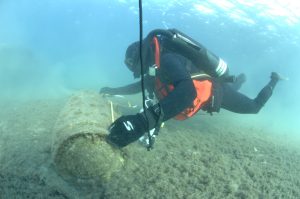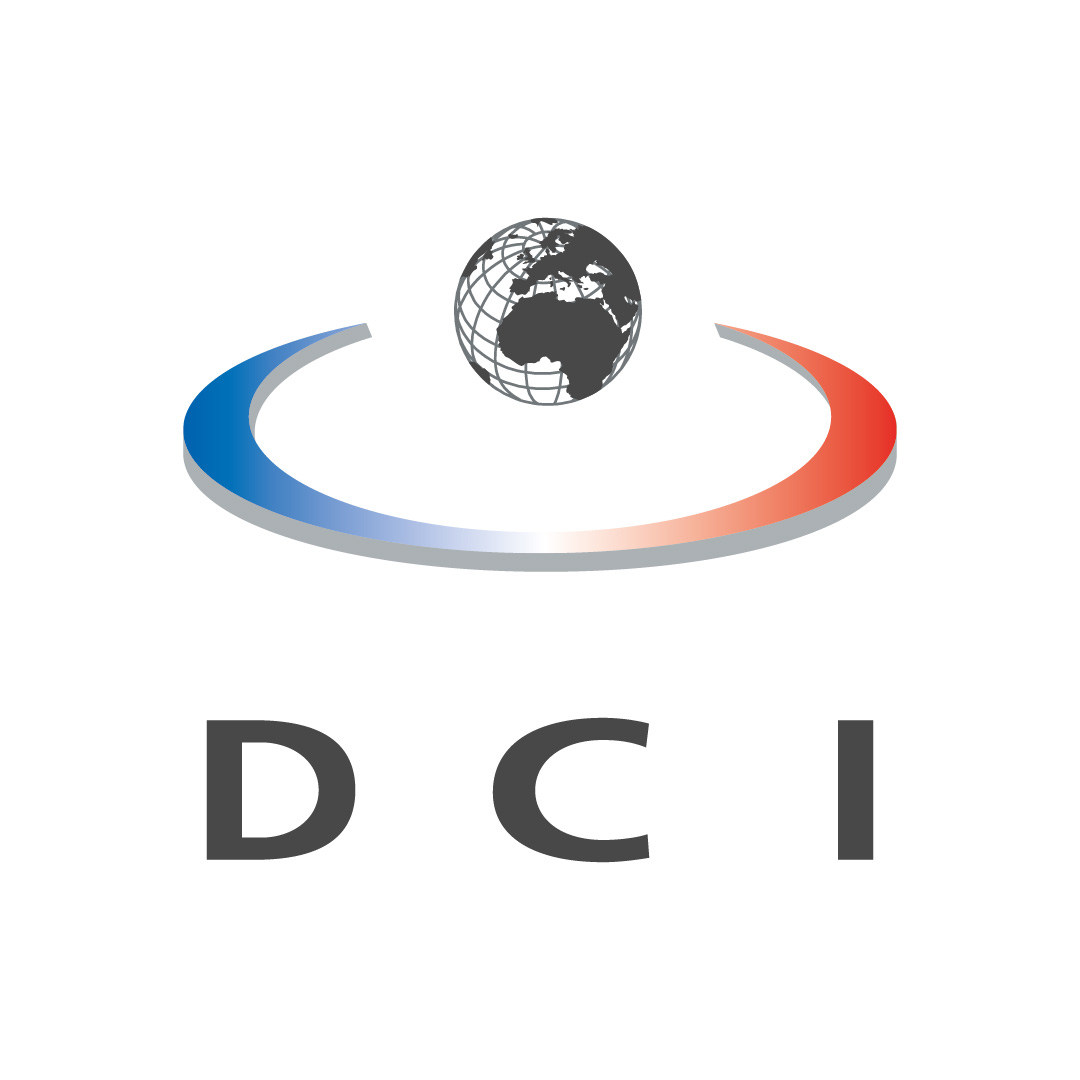After conducting a “pillar assessment”[1] over a year, the European Commission has just confirmed that Défense Conseil International (DCI) group, the operator for the French Ministry for the Armed Forces, has the organisational and financial capability to be entrusted the budgetary execution, under indirect management, of projects in the field of European defence and security policy.
By successfully completing this assessment, DCI showed that it is a reliable and transparent organisation, with internal procedures adapted and tested for managing European funds, in particular the European Peace Facility (EPF).
This accreditation is part of the continuity of the raison d’être of DCI Group, the international cooperation tool of the French Ministry for the Armed Forces, from now on at the disposal of the European Union.
Indeed, the European Union will be able to rely on the expertise and capabilities of DCI Group, the depository of all the competencies of the French armed forces and the French defence procurement agency (DGA). The group intervenes in the fields of operational training, consulting and project management support and in the provision of operational capabilities and support.
As the projects financed by the European Peace Facility, regularly topped up, multiply, the recognized expertise of DCI in the field of defence is undeniably an additional asset for the European Union.
[1] The Pillar Assessment of the European Union is a complete and thorough process that assesses if an organisation meets or does not meet the requirements of Article 154 of financial regulation (EU) 2018/1046 in order to provide the sufficient level of guarantee for protecting EU financial interests. Each of the following “pillars” is audited: the internal control system; the accounting system; an independent external audit; providing financing from EU funds through grants; procurement; financial instruments; exclusion from access to funding; publication of information on recipients; and protection of personal data.



